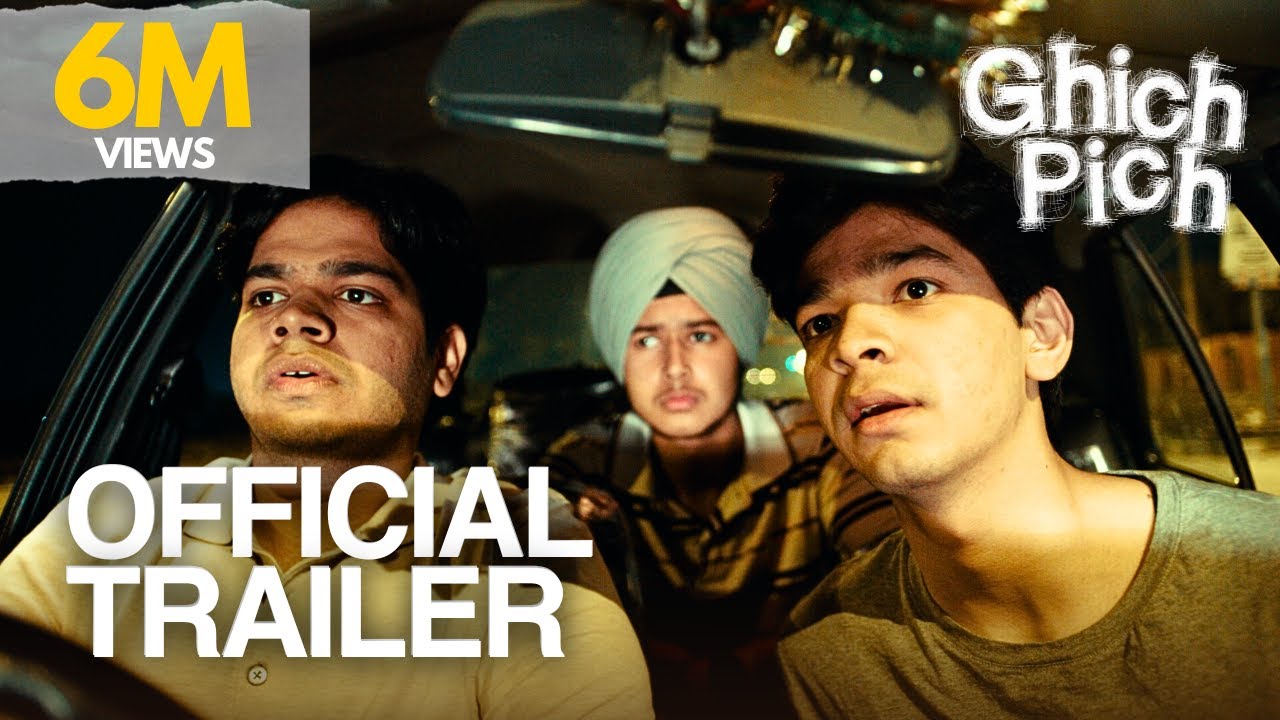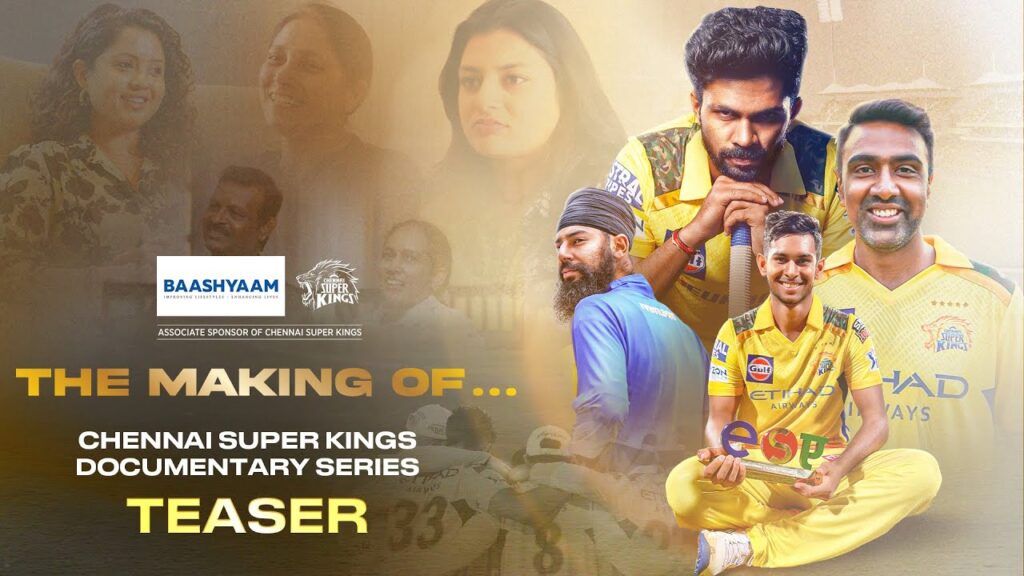Ghich Pich Movie 2025 Bapamtv Review Details
Ghich Pich (2025) — Movie Review: A Badiya, Emotional Ride
Gich Pich is a heartfelt coming-of-age family drama set in early-2000s Chandigarh that blends humour with quiet emotion.
Check showtimes, seat availability, and exclusive offers for the latest movies near you.
Check on BookMyShow →The film, written and directed by Ankur Singla, focuses on three intertwined families navigating identity, expectations, and acceptance.
Overview
At its core, Gich Pich explores the anxieties and aspirations of India’s middle-class through intimate, character-driven storytelling.
Singla’s approach is understated — the film trusts its characters and lets small moments drive the emotional arc.
Emotional Impact
The movie’s emotional resonance is its strongest suit; scenes linger without melodrama and often hit close to home.
From quiet domestic tensions to tender reconciliations, the film builds an authentic emotional landscape that feels Super real.
Character & Dialogue — Heart of the Film
What elevates Gich Pich is its dialogue delivery — actors speak like real people, with pauses and hesitations that reveal inner life.
Lines are never over-written; they often work by implication, making performances feel honest and excellent in nuance.
Character Arc Analysis
Gurpreet Singh’s coming-of-age journey is the emotional spine — his struggle with familial and social expectations unfolds gradually and credibly.
Gaurav Arora’s arc about living up to his father’s ambitions shows the pressure cooker of middle-class aspirations in a way that’s both relatable and poignant.
Rakesh Arora’s narrative — a homosexual father facing prejudice — is handled with sensitivity; his resilience and small victories add depth to the film’s moral center.
Each character transforms subtly; the film prefers incremental shifts over dramatic turns, which feels true to life.
Dialogue Delivery
Actors deliver lines with understated conviction — the pauses, the unsaid, and the micro-reactions carry emotional weight.
Satyajit Sharma and Geeta Agrawal Sharma use minimal gestures to communicate heartbreak and strength, making key scenes linger.
Performances
Satyajit Sharma’s nuanced portrayal of a pressured CA-father stands out for its restraint and emotional honesty.
Nitesh Pandey as Rakesh brings vulnerability and quiet dignity to a role that could easily have been sensationalised.
Lilly Singh and Mia Magar add important layers with expressive turns, while Kabir Nanda as Gurpreet is a natural, promising presence.
Direction & Storytelling
Ankur Singla’s direction is patient and humanistic; he allows scenes to breathe and trusts the audience to read between the lines.
The screenplay balances humour and pathos, and avoids heavy-handedness while delivering emotional clarity.
Relatable Themes
Gich Pich tackles identity, religion, sexuality, and parental expectations with a sensitive, observational eye — themes that resonate strongly with Indian viewers.
The depiction of Chandigarh life, school dynamics, and family rituals grounds the film in a recognisable cultural texture.
Soundtrack & Score
Ritwik De’s understated score complements the film without overpowering it, enhancing scenes rather than calling attention to itself.
A few melodic cues subtly underline emotional beats, although some viewers might wish for one standout youth-oriented track.
Technical Merit
Cinematography and production design favour realism — Chandigarh’s locales are used sparingly but effectively to root the story in place.
The visual palette is warm and familiar, reflecting everyday life rather than cinematic gloss, which suits the film’s tone.
Comparisons & Genre Placement
Within contemporary Indian family dramas, Gich Pich sits comfortably alongside films that prioritise small moments and character work over spectacle.
It may not be flashy, but as a slice-of-life offering it competes well with recent earnest dramas for emotional authenticity.
Box Office & Reception
Early reviews and preview screenings showed positive audience response; critics praised performances and the film’s realistic tone.
Reported ratings hover between 3.5 to 4 out of 5 on several portals, reflecting a warm critical and public reception.
Why It Works
The film’s success comes from truthful characterisation, empathetic direction, and solid performances that never feel performative.
It’s a film that lets ordinary human moments create lasting emotional impressions — simple, but effective; badiya kaam.
Where It Could Improve
At times the film’s pace is deliberate to a fault; a slightly tighter screenplay could sharpen momentum without losing depth.
Also, incorporating a more youthful song or sequence might have broadened its appeal among younger audiences.
Who Should Watch
If you enjoy grounded family dramas, coming-of-age stories, and films that focus on character rather than spectacle, Gich Pich is worth your time.
It’s especially resonant for viewers interested in middle-class narratives and nuanced portrayals of identity and family dynamics.
Star Rating
Rating: 4 / 5
Disclaimer: Rating may vary based on personal taste and subsequent audience reception.
Quick Facts (Table)
| Title | Gich Pich (2025) |
|---|---|
| Director | Ankur Singla |
| Genre | Comedy, Drama, Family |
| Runtime | Approximately 1 hour 34 minutes |
| Music | Ritwik De |
| Notable Themes | Coming-of-age, Identity, Family, Acceptance |
| Average Rating | 3.5 – 4 / 5 |
Final Thoughts
Gich Pich is a warm, empathetic portrait of middle-class life that balances humour and sorrow with a steady hand.
It’s not a loud blockbuster — rather, it’s a quietly affecting story that stays with you for its honesty and human warmth. Super recommended for a heartfelt watch.
FAQs
Question 1
What is the main theme of Gich Pich (2025)?
Answer 1
The film primarily explores coming-of-age struggles, middle-class aspirations, and the search for identity, blending humour with heartfelt drama.
Question 2
Which performances stand out in the film?
Answer 2
Nitesh Pandey, Satyajit Sharma, and Kabir Nanda deliver standout performances, with each bringing emotional authenticity and depth to their roles.
Question 3
Is Gich Pich suitable for family viewing?
Answer 3
Yes, the film’s relatable themes, balanced tone, and sensitive storytelling make it a strong choice for family audiences.











